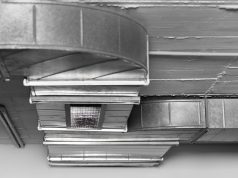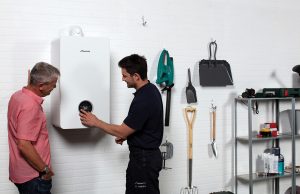
As with any big project on your home, DIY will almost certainly generate waste that you’ll have to dispose of. It might be difficult to figure out how to deal with the many types of waste created, especially if you’re working on different parts of the house, including the garden.
Mr Rubble, a waste management company providing Skip Hire Sheffield have gathered together several top suggestions for your DIY projects to make waste removal more manageable.
Tip 1 Calculate the amount of waste your DIY project will produce
Depending on the type of DIY project you’re doing, you’ll need to figure out how much waste you’ll create. Prepare a list of the equipment and materials you’ll need before you begin.
Planning ahead means you’ll be able to better determine how much waste your project is going to produce. You’ll need to discover the types of waste you’ll produce so you can then find the most suitable disposal method for that material. You may need to make special arrangements, so preparing for this will be time-saving and cause less stress when it comes to disposing of it.
Tip 2 – Dispose of your waste sustainably
As you are the waste producer, it means it is down to you to guarantee to make sure that the waste that is generated by your DIY project is sustainably handled and then recycled correctly. Far too often, Materials from household DIY projects are fly-tipped or thrown into landfill when they could have been reused or recycled. This is not only costly to your local town and council to sort but is costly to the environment and can be easily avoided.
As mentioned previously, if you are the producer of waste, it falls down to you to be legally responsible for properly disposing of it. If you prefer to have a third party dispose of your waste, you must ensure that they have a waste carrier’s licence and that the waste is disposed of legally and sustainably. You might still face a heavy fine or even prison if you have not made the best effort to responsibly handle your waste or choose a supplier who will.
Tip 3 – Hire help if you need it
Once you’ve determined the scope of your project and calculated the amount of waste it will generate, you can then determine how you’ll dispose of it and whether you’ll require assistance.
You can, for example, contact your local skip hire company to hire a skip, or they may also offer a man with a van service who will be able to help with the heavy lifting and remove the rubbish the same day for you. These two options are a great choice to save you time and stress during your project. It’s important to note that if you hire a skip, you may need to pay extra for a permit if you don’t have private land that it can be placed onto. If you don’t want to do this, ask your skip hire company for a wait and load service. This removes the need for a permit, but the waste must be put into the skip as soon as it arrives and the driver will remove it the same day. You often have a set time period for this, check with the provider for what they can give you.
To sum it up
It’s always wise to prepare as far in advance as possible to ensure you are organised and have sufficient waste management plans in place for your DIY project. If you need help with waste removal, this will add extra costs to your project that will need to be factored into your budget.













